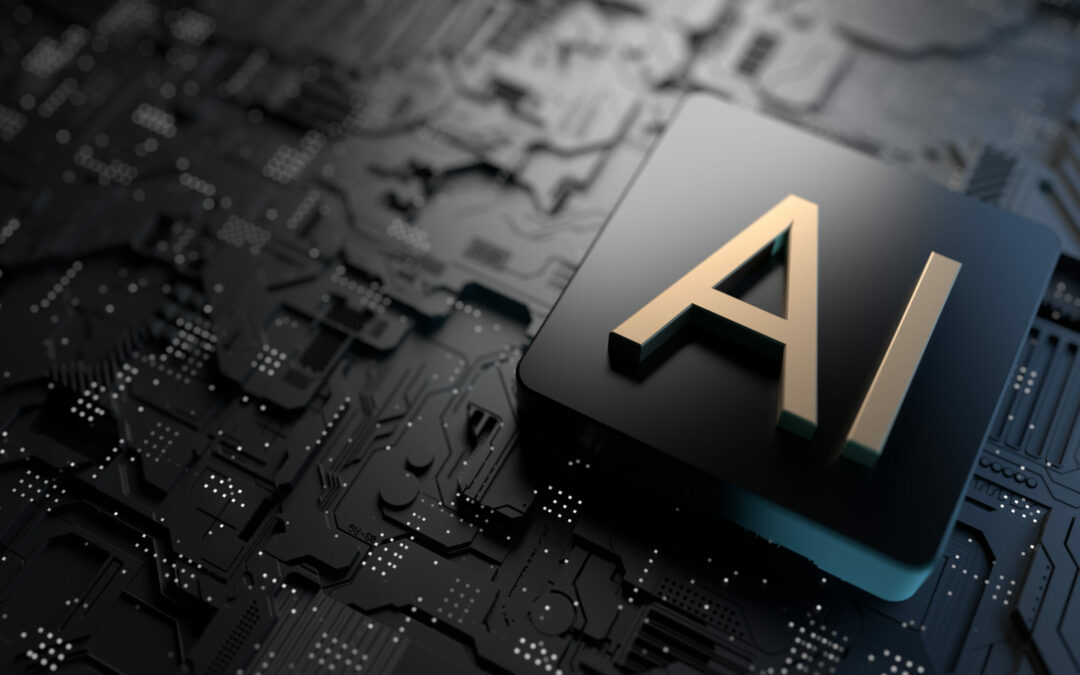Artificial Intelligence pervades all spheres of human endeavor and can be seen in nearly every industry shaping the future at every turn. It is the main driver of emerging technologies like big data, robotics, generative AI, and the Internet of Things (IoT). AI has played a major role in the digitalization of society, as it has enabled us to collect, process, and analyze large amounts of data at a faster rate than ever before.
THE FUTURE OF ARTIFICIAL INTELLIGENCE
As AI continues its rapid evolution, it holds the potential to reshape industries and our daily lives. Through AI, computers can process extensive data and leverage learned intelligence to make optimal decisions and discoveries in a fraction of the time it would take humans.[i]
As a result, we have been able to take huge strides in technological advancement. With the rate at which AI is evolving, the possibilities are boundless.
AI IN TRANSPORTATION
AI has had a drastic impact on the transportation industry. Innovations like self-driving cars like Tesla and travel planners have been significantly influenced by AI. A future where autonomous vehicles become the major form of transport is not too far behind.
AI IN MANUFACTURING
The manufacturing industry has been benefiting from AI for many years now. AI-enabled robotic arms and other manufacturing bots work alongside humans to perform a limited range of tasks like assembly and stacking, and predictive analysis sensors keep equipment running smoothly. This makes the process faster, more efficient, and reduces cost.
AI IN HEALTHCARE
With AI, the healthcare industry is changing particularly in the way patients interact with medical providers. AI is being used to identify diseases more quickly and accurately, speed up and streamline drug discovery, and even monitor patients through virtual nursing assistants. This is made possible due to its big data analysis capabilities. AI is capable of analyzing medical images and could potentially save a patient’s life.
AI IN EDUCATION
AI’s use of machine learning, natural language processing, and facial recognition helps digitize textbooks, detect plagiarism, and analyze the emotions of students to determine who’s struggling in class. Both presently and in the future, AI may be utilized to particularly cater to student’s individual needs. АI has the potential to drastically сhаnge trаditiоnаl sсhооling methods in the foreseeable future.
AI IN CUSTOMER SERVICE
AI-powered tools such as chatbots and virtual assistants are continuously utilized by the customer service industry to support effective and efficient service delivery at minimal cost.
AI allows companies to offer users a personalized service targeted to their individual needs. By analyzing user behavior and preferences, AI technology empowers e-commerce platforms to suggest products tailored to individual users, drawing insights from their search history and previous purchases thereby enhancing customer satisfaction and loyalty.[ii]
AI IN THE WORKPLACE
The productivity at the workplace would be boosted by the use of AI as employees would be able to focus on work that requires creativity and empathy leaving the repetitive and tedious work to be done by AI. Thus, employees may be happier, more satisfied and find the work more rewarding.
AI AND ETHICAL CONCERNS
Although AI has a glittering future, the opportunities it presents may not always be gold. AI’s reliance on big data has a major impact on privacy. For instance, Cambridge Analytica’s Facebook scandal and Amazon’s Alexa eavesdropping are two popular examples of the dangers of AI and how it can be easily exploited. Without proper regulations and monitoring, breaches of data privacy will get even worse.
AI poses the problem of data persistence whereby data persists longer than the people who produced it. Also, another problem associated with AI usage is data repurposing where data is used for purposes other than what it was originally intended. Furthermore, we now have the problem of data leaks whereby data is exposed to unauthorized people. This raises ethical concerns which must be addressed by all stakeholders involved.
CONCLUSION
Given the continuous advancements in technology, we can expect more significant breakthroughs in the future which will inextricably shape our individual and collective future.
To prepare ourselves for the future, we need to spread awareness and continuously educate ourselves on how to take advantage of AI, the risks involved, and how to protect ourselves against such risks.
[i] Haley Bridge, ‘The Future of AI: How Artificial Intelligence will Change the World’ https://www.haleybridge.com/blogs/the-future-of-ai-how-artificial-intelligence-will-change-the-world/ Accessed 28 November 2023
[ii] Forbes, ‘The Future of Artificial Intelligence: Predictions and Trends’ https://www.forbes.com/sites/forbesagencycouncil/2023/09/11/the-future-of-artificial-intelligence-predictions-and-trends/ Accessed 21 November 2023
Written by Adeife Omolumo for The Trusted Advisors
Email us: [email protected]

